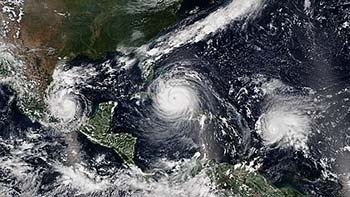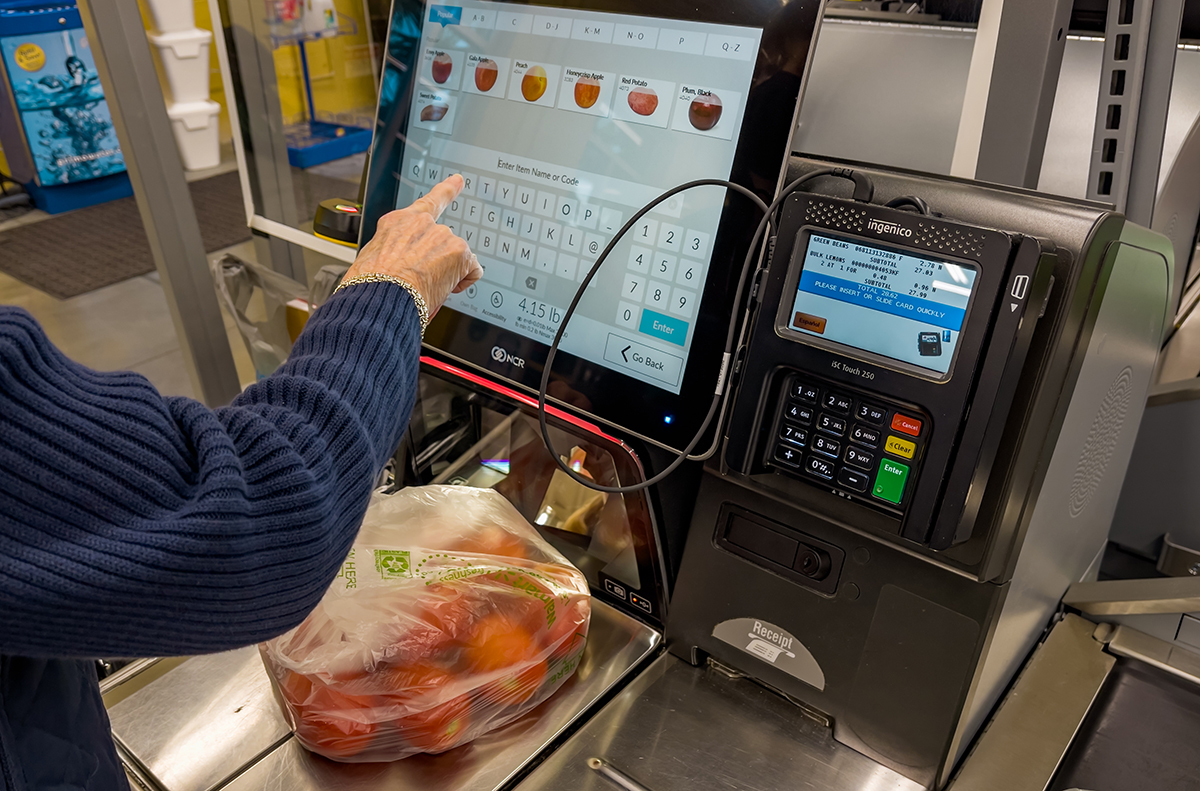By Doug Baker, Vice President, Industry Relations-Private Brands, Technology, Food Marketing Institute

I recently met with leading supply chain and disaster response experts, decision makers and other stakeholders in Florida to share our experiences in preparing, responding and recovering from Hurricanes Harvey, Irma and Maria in 2017. Hosted by National Academies of Sciences, Engineering, and Medicine’s Committee on Post-Hurricane Supply Chain Adaptability, we discussed critical areas – including food, fuel, water, pharmaceuticals, and medical goods – as case studies for a national response.
According to the National Academies, these case studies, sponsored by Federal Emergency Management Agency (FEMA) Logistics Management Directorate, will help:
- Document and understand the strengths and vulnerabilities of the supply chain networks in the four primary areas affected by Hurricanes Harvey, Irma, and Maria in 2017;
- Capture key lessons and observations concerning supply and distribution networks under strain during these hurricane events; and
- Provide options and recommendations for the future swift and effective conveyance and distribution of essential supplies and commodities, and for the restoration of utilities, during disaster response and recovery operations.
I had several discussions during the meeting and afterwards with my colleagues Christine Curtis, senior vice president, sales and account management, C&S Wholesale, and Lewis Jones, strategy implementation team leader with Publix Super Markets, Inc. to share our unique perceptions and learnings. Here are my takeaways from the discussion:
- Rapidly re-establishing the supply chain takes collaboration across the industry. This means retailers helping retailers during a crisis to offer mutual aid to customers.
- Roles for the government and private sector should be clear. Federal and local agencies offer information and insight during a crisis. This helps the private sector, including grocery, re-establish the supply chain and allows emergency management to focus on places of urgent need.
- There is a place at the table for private sector facilitators to help during a crisis and expedite recovery.
FEMA will continue to partner with FMI to offer guidance and resources for how our preparedness processes are organized and maintained.
See FMI’s Crisis Management Resources

 Industry Topics address your specific area of expertise with resources, reports, events and more.
Industry Topics address your specific area of expertise with resources, reports, events and more.
 Our Research covers consumer behavior and retail operation benchmarks so you can make informed business decisions.
Our Research covers consumer behavior and retail operation benchmarks so you can make informed business decisions.
 Events and Education including online and in-person help you advance your food retail career.
Events and Education including online and in-person help you advance your food retail career.
 Food Safety training, resources and guidance that help you create a company food safety culture.
Food Safety training, resources and guidance that help you create a company food safety culture.
 Government Affairs work — federal and state — on the latest food industry policy, regulatory and legislative issues.
Government Affairs work — federal and state — on the latest food industry policy, regulatory and legislative issues.
 Get Involved. From industry awards to newsletters and committees, these resources help you take advantage of your membership.
Get Involved. From industry awards to newsletters and committees, these resources help you take advantage of your membership.
 Best practices, guidance documents, infographics, signage and more for the food industry on the COVID-19 pandemic.
Best practices, guidance documents, infographics, signage and more for the food industry on the COVID-19 pandemic.
